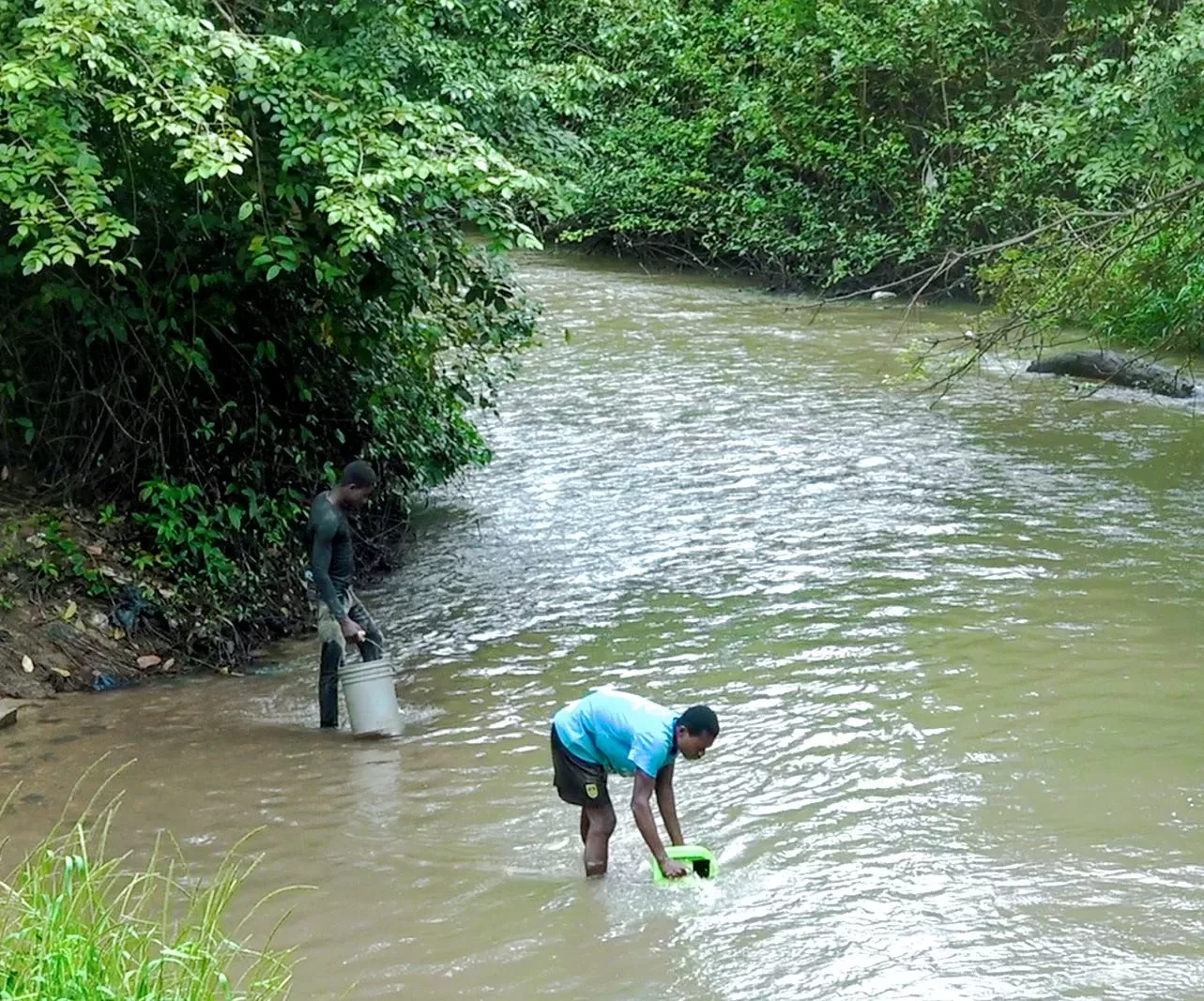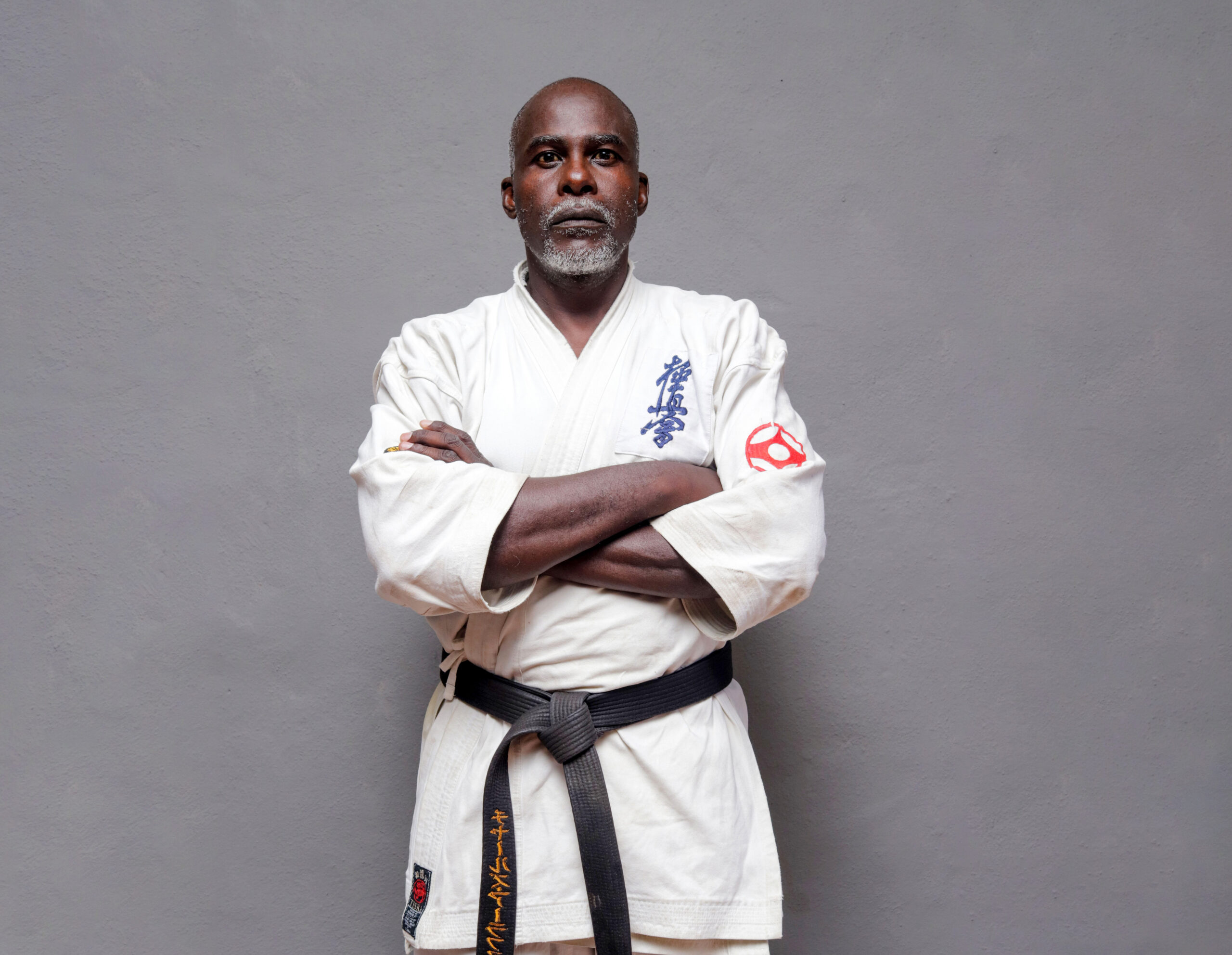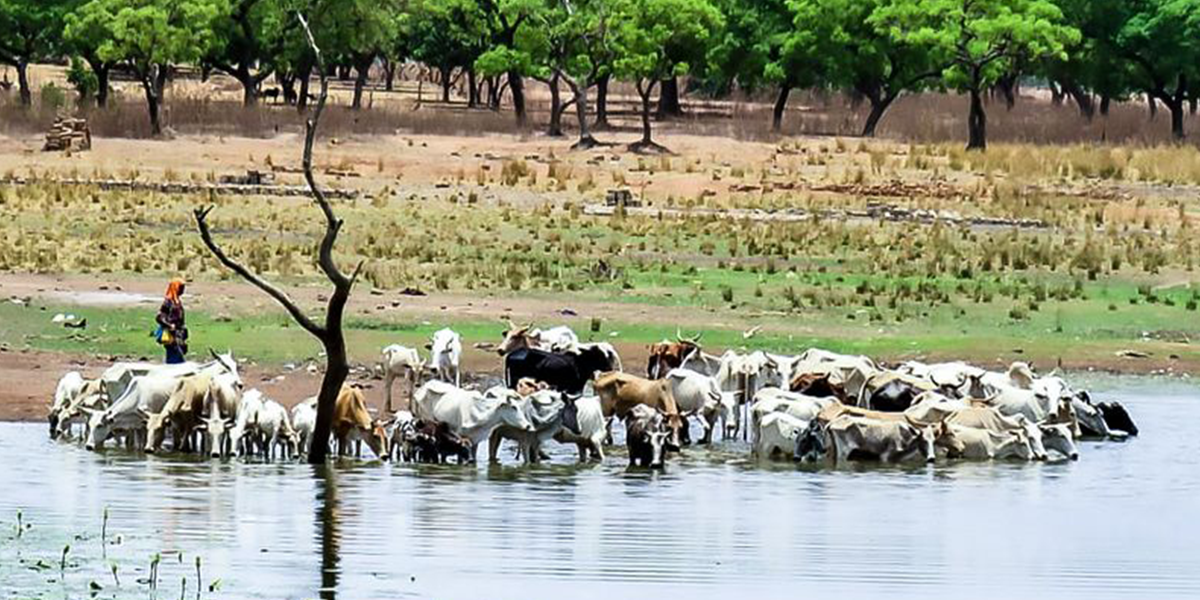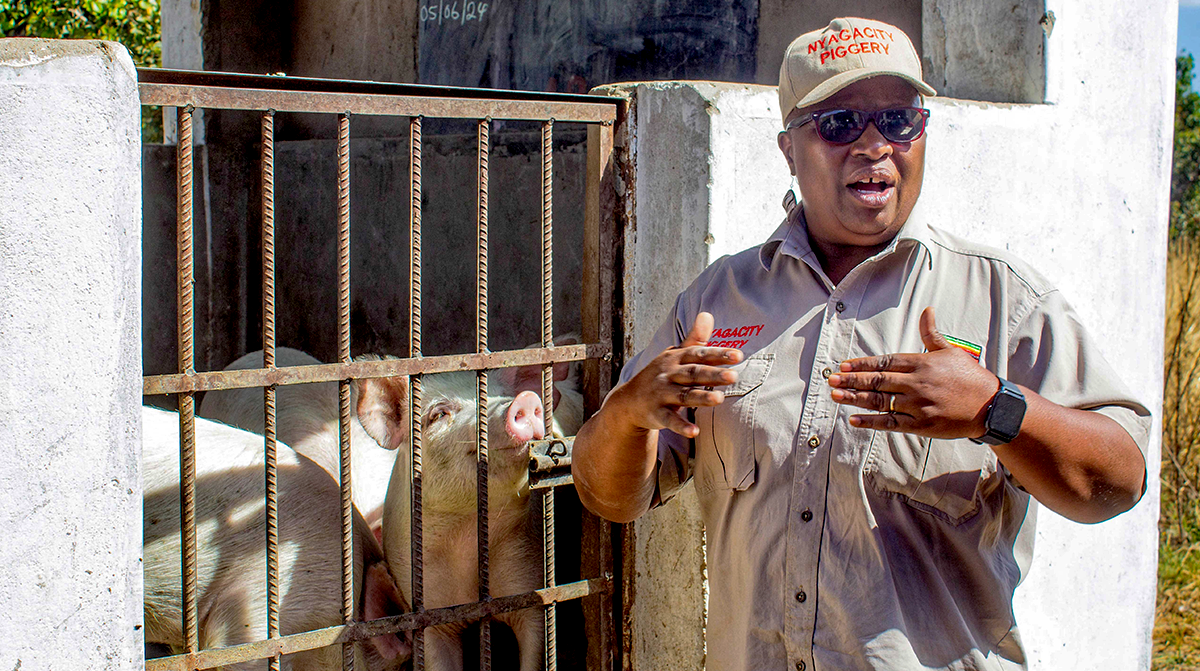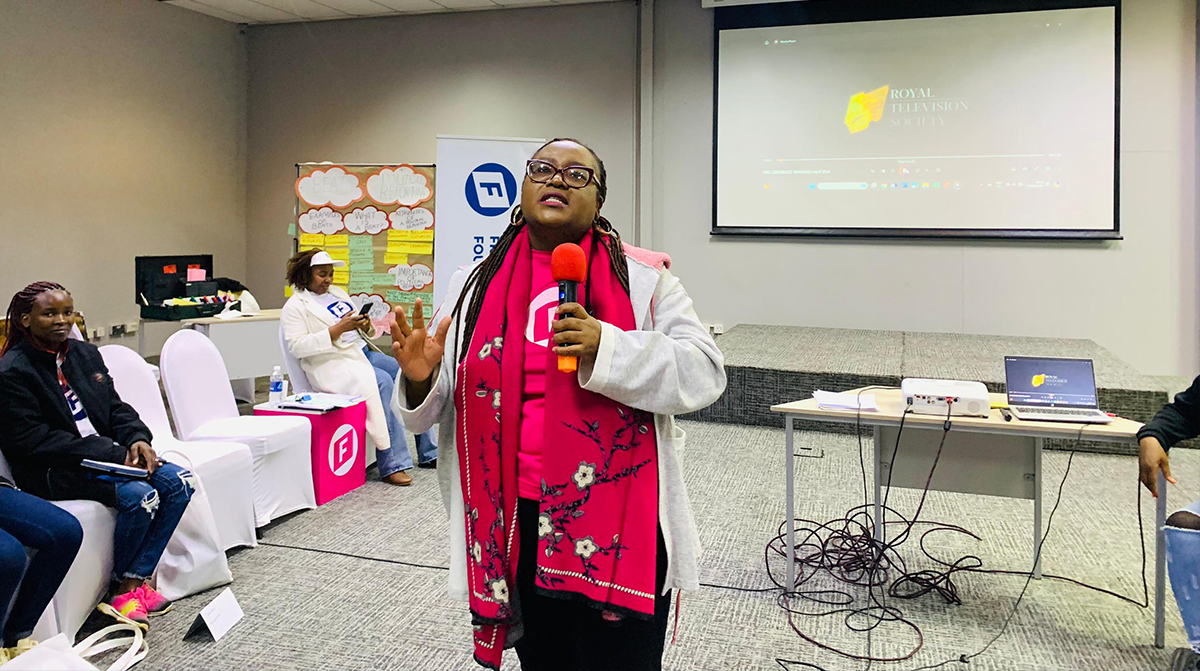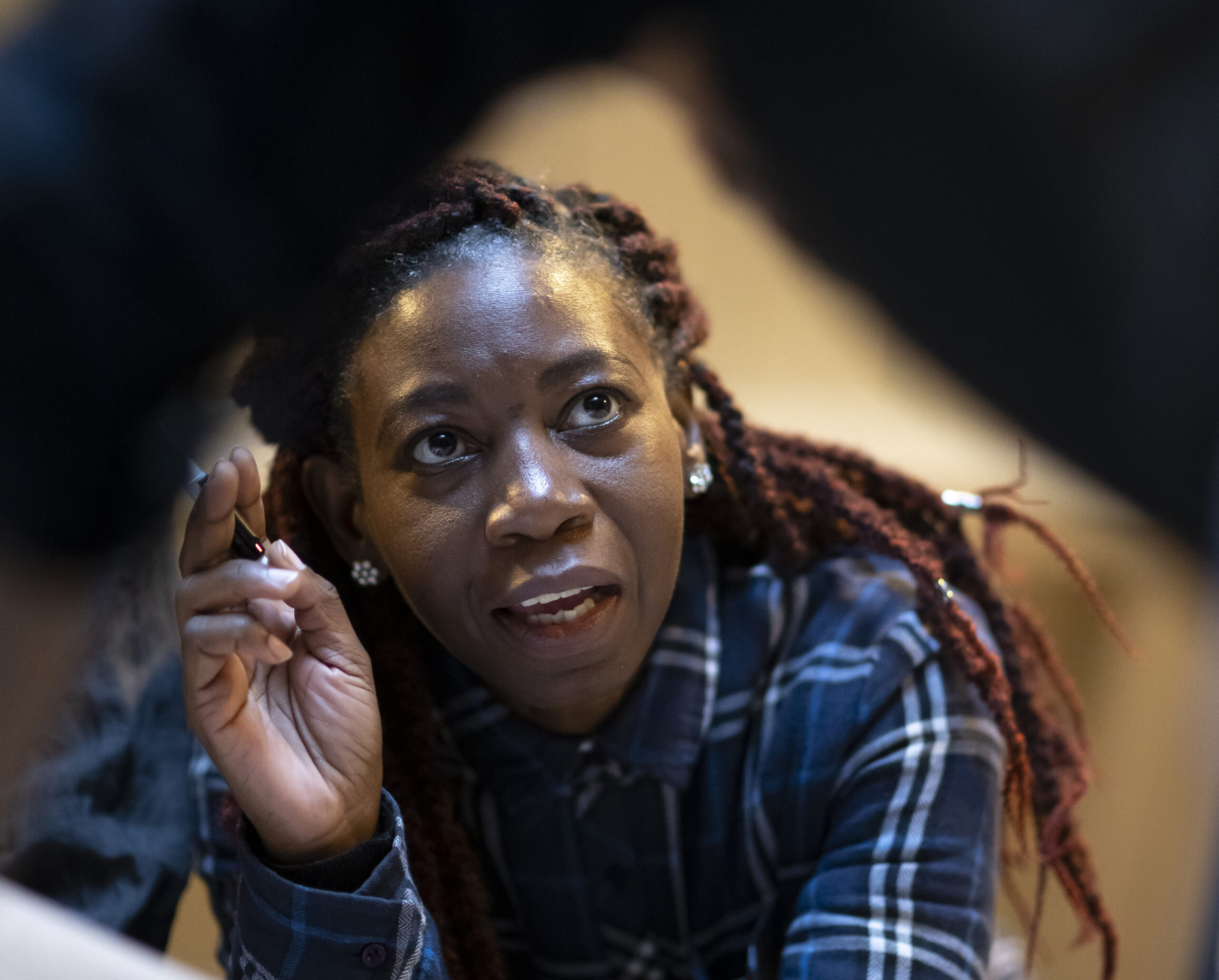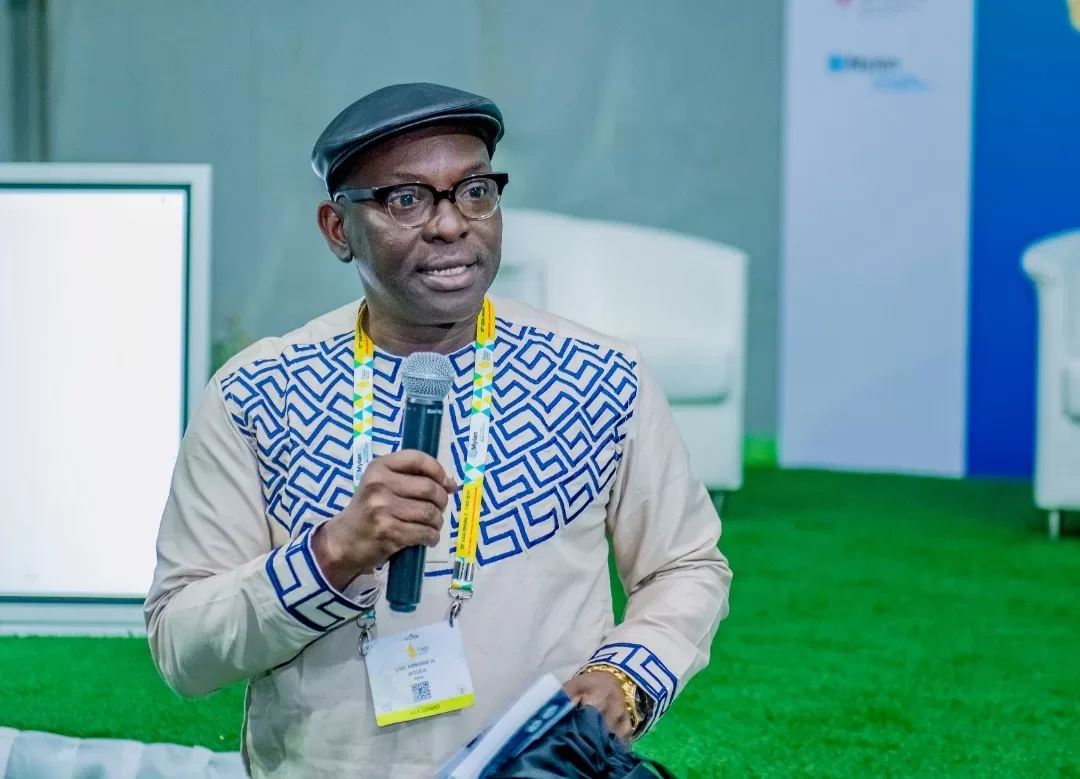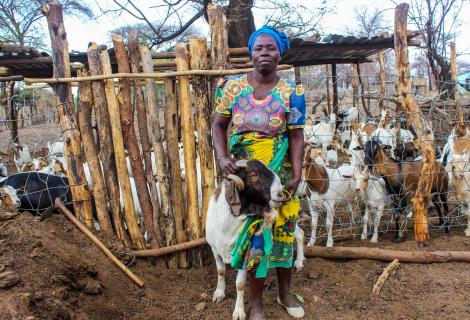The community using ancient traditions to conserve a river
by Michael Sarpong Mfum, bird story agency
Through the heart of the Tano North Municipality in Ghana’s Ahafo region, runs a river that has, for as long as anyone can remember, been the lifeblood of the community. A key bridge in the area also connects two regions, Bono and Ahafo, separated by the flowing waters.
Running over 400 kilometres from its head in Techiman, the capital town of Bono East Region to the Ehy and Tendo lagoons in Ghana, the Tano River finally enters the Atlantic Ocean via the Aby Lagoon in Ivory Coast.
Besides bequeathing the Tanoso community its name, the river is a treasured heritage and source of livelihood for many on its path to the ocean. And for that reason, it is carefully conserved by the community around it.
How a rural community in a fast-urbanising region along the west African Tano River is using traditional knowledge handed down over generations to protect the river, its vegetation and its fish stock
The origins of the edicts that prescribe how the life-sustaining waters of the river are to be protected and sustained are today lost on the Tanoso community that continues to protect it with a spiritual zeal. But that is of no consequence to the area’s high priest, Nana Osei Kwadwo. The 70-year-old is the head of the Tanoso Traditional Council comprising chiefs and queen mothers.
According to Kwadwo, tradition outlaws the fishing and eating of fish from River Tano. And those who flout the rule, which applies to both locals and strangers, face severe punishment.
“Anyone who flouts the tradition by fishing in the river and also engaging in activities that may pollute the river, they are fined. The fine may differ depending on the gravity of the offence. Some are charged to slaughter sheep to pacify the river,” he said.
“This tradition which has been with us for years is achieving its purpose because we have been able to protect the river and the fish stock in it because people are aware of what will happen to them when they flout the tradition.”

The Tanoso community has traditionally engaged in a booming pottery business along the river, along with farming. The importance of a regular, learn water supply for both activities may have much to do with how the community has to protect its “sacred heritage”.
Every small detail of the river is carefully observed. Even when a fish dies naturally, rites are performed by a priest who oversees the river before the fish is buried. This has seen the survival of the river and fish for generations.
The Tanoso credit the river and its protected environs, for their relatively stable ecosystem, at a time when many other communities are dealing with the fallout of environmental abuse, including dying rivers, disappearing fauna and flora, flooding and erratic weather patterns
Kwadwo, who has been a priest for the river for almost two decades, said the traditional council has over the years ensured the planting of trees such as indigenous acacias along the banks of the river, to protect it.

While the pressures of development have increased, the community has not been averse to using modern communications methods to help keep the river pristine. Kwadwo explained that the council uses media channels such as radio to educate the people to maintain the tradition.
Despite that, the impact of upstream deforestation is evident in the brownish water during the rainy season.
For years the river has served as a major source of drinking water for thousands of people who live along the river in four regions of Ghana – Bono, Bono East, Ahafo and Western.
Illegal miners who have occasionally invaded the area have been flushed out by joint police and military patrols.
Augustine Adusah, a teacher at the Tanoso Primary School, believes the traditions associated with the river are likely to be maintained into the future. He believes other communities across Ghana can emulate the example of the Tanoso community and protect other key waterways in much the same way.
bird story agency
Piggery Queen Nyagano Expands Farming Empire
When Letwina Nyagano, who has a background in human resources and accounting, turned her d…


